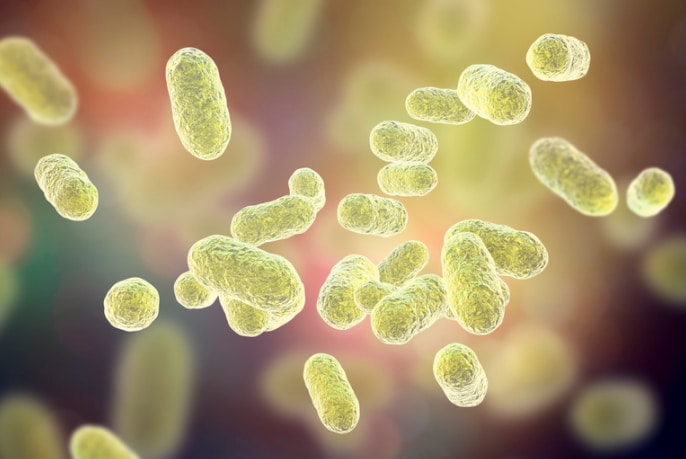How does the microbiota affect athletes?
The term intestinal microbiota, the misnamed "flora" a few years ago, is becoming more widely known.

The general public is already becoming aware of its importance, but many times the athlete does not know how important it is to have a healthy microbiota.
In this article of Crown Sport Nutrition, they clarify what it is, what implications it has on health and sports performance.
What is the gut microbiota?
It is the set of bacteria and other organisms that live in our intestine, thus modulating the metabolism of all nutrients and of our body in general.
The most agreed definition by scientists is the following “set of microorganisms (all bacteria, archaea, eukaryotes, and viruses) present in a defined environment”. In the case of the intestine, it is called the intestinal microbiota.
For example, in a person weighing 70 kilos, the microbiota can weigh close to 200 grams, made up of more than 100 billion microorganisms,
What is?
It has multiple functions in the human body both at the level of nutrition and defense.
Among the most important we highlight the following:
- defend the body against harmful microorganisms.
- Teaches the immune system distinguish between friendly and unfriendly substances.
- Allows the digestion of certain foods (dietary fibers) that humans cannot digest
- Facilitates the absorption of minerals (example: magnesium, calcium or iron).
- Sisynthesizes essential vitamins (K, B complexes, etc.) and amino acids.
What if it's not healthy?
The latest studies, which have investigated the functioning of the microbiota, show that a malfunction of the bacteria or if there are alterations in them (intestinal dysbiosis) it can be the origin of multiple metabolic and inflammatory pathologies.
This alteration can occur due to a bad nutrition, for example, that it is not very varied or that there is a high consumption of ultra-processed foods; or it can also be for a antibiotic abuse.
And in the athlete, does it affect performance?
These studies have also shown that the gut microbiota is important in athletic performance.
An example is the research published in the journal Nature Medicine in 2019, where researchers, after analyzing the feces of some Boston Marathon participants, realized that they had a greater number of Veillonella bacteria.
These bacteria are specialized to metabolize large amounts of lactate, suggesting that exercise could modulate the microbiota in these endurance athletes.
Continuing with this study, other tests were carried out on mice, where Veillonella (obtained from runners) was inoculated in one group and compared with another group that was inoculated with another bacterium that does not metabolize lactate (Lactobacillus bulgaricus).
The study showed that mice inoculated with Veillonella improved their physical performance by 13%, being able to run longer than the other group.
Influences adaptation to training
In another study, published in the Journal of Physiology, it was shown that the microbiota not only affects performance, but also the adaptations that occur with physical training.
What they did was to subject a group of mice to a training program with the aim of increasing their muscle mass compared to another group that was given antibiotics to alter their microbiota.
The results showed that the mice that had taken antibiotics had altered microbiota, affecting its functioning and composition since the diversity of bacteria was reduced.
It also influences the gain of muscle mass
However, the most relevant finding was that the group that was treated with antibiotics presented a minor muscular adaptation, that is, they gained less muscle mass and had a lower capacity for muscle regeneration.
These results show that the alteration of the microbiota can negatively affect health and performance, and even reduce the muscular adaptations produced with training.
Conclusion
It is important to have a varied and healthy diet since it has been observed that More active people generally have a healthier and more diverse microbiota composition.
Factors such as stress, diets rich in ultra-processed foods or the intake of antibiotics without medical supervision must also be taken into account, as they can have a harmful effect on our body.
AUTHOR
Peter Valenzuela
Researcher in the Physiology Unit of the University of Alcalá and in the Performance Control Unit at the Sports Medicine Center (AEPSAD, CAR, Madrid).
Website: www.fissac.com
There are no previous results.






















